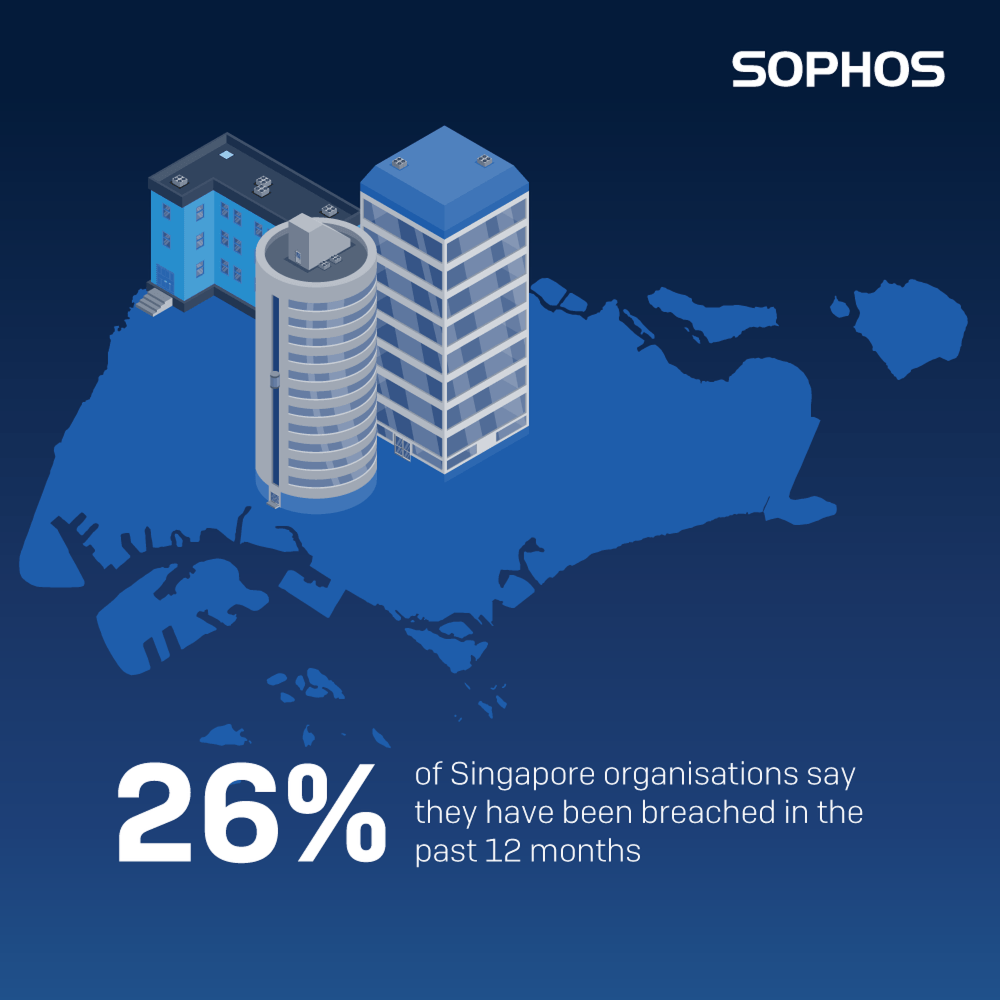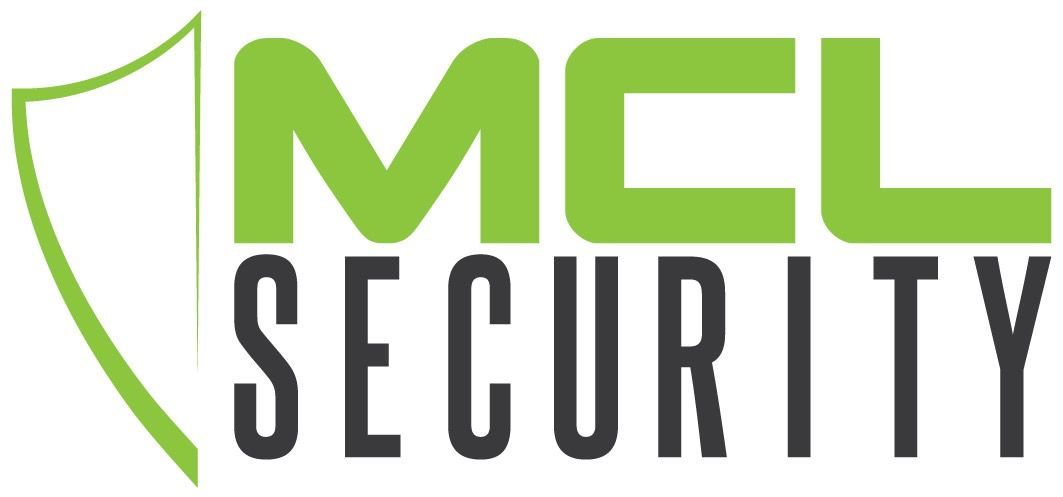Inadequate education, leadership and funding are major barriers to cybersecurity preparedness across Asia Pacific and Japan

Singapore – 20 August, 2019 – Sophos (LSE: SOPH), a global leader in next-generation endpoint and network cybersecurity, today announced the findings of its report, The Future of Cybersecurity in Asia Pacific and Japan – Culture, Efficiency, Awareness, which reveals that the success of an organisation’s cybersecurity investment lies in more than buying technology, with corporate culture, employee education and path-to-purchase playing a critical role.
Singaporean companies not keeping pace with the speed of cybersecurity
Across Singapore, the majority (51 percent) of business decision makers believe lack of security expertise is a challenge for their organisation, with 57 percent observing recruitment of skills to be a struggle. This comes down to the set-up of cybersecurity within organisations, which commonly sees IT staff tasked with security in addition to their other responsibilities.
There is also a wider issue, relating to employee attitude and behavior, impacting corporate cybersecurity. In fact, 76 percent of Singaporean organisations believe the biggest challenge to their security in the next 24 months will be improving cybersecurity awareness and education among employees and leadership.
Budget challenges and organisational structure continue to play a role
In Singapore, only one third (31 percent) of organisations have a dedicated cybersecurity budget – in most cases budgets are included as part of other broader IT or other departmental spend. Organisational IT security structures are diverse — one third of those surveyed have a dedicated CISO, another third sees cybersecurity led by an IT leader, and the remainder give responsibility to another executive, such as the CTO. The majority of organisations continue to keep most capabilities in-house and only in a few areas, like penetration testing and training, does outsourcing become a more common approach.
Change is coming
Only 12 percent of Singaporean organisations are regularly making significant changes to their cybersecurity approach, with most (56 percent) intending to make changes to their security approach in the next six to 24 months. As part of this, half (48 percent) organisations anticipate their use of external security partners to rise over the next 12 months. The main triggers for security updates — beyond changes to overall security posture — are technology and product developments, compliance and regulation requirements, and growing awareness of new attacks.
How does Singapore compare?
- 26 percent of Singaporean organisations surveyed said they had been breached in the last 12 months
- The most serious attack vectors in Singapore (receiving a seriousness rating of 9 or 10 out of 10) are ransomware, malicious employees, and AI/ML attacks
- The top three cybersecurity frustrations are:
- Cybersecurity is frequently relegated in priority
- There is not enough budget for cybersecurity
- Lack of skilled security specialists
- The top technologies or issues Singaporean security decision makers think will impact their organisation’s security in the next 24 months are digital transformation programs, digitisation of processes and workflows, and following DevOps methodologies.
Quotes from Chester Wisniewski, principal research scientist, Sophos
“Security is hard. We all know it. Sophos’ survey highlights the constant challenge presented by the evolving security landscape and never-ending search for skills and best practices to help organisations overcome these threats. What does it really mean to ‘be secure’? Ultimately, security is about managing risk. To do that effectively, IT managers must be able to identify key areas where their team’s actions will have an outsized impact on protecting their organisation, employees and the data their company has been entrusted with.”
“Our research highlights the struggles organisations face in attaining security expertise and staying up to date. It also shows a lack of visibility into security risk and an overestimation of respondents’ abilities to defend their organisations. For example, on average, one third of respondents believed their organisations had been the victim of a breach in the last year, whereas anecdotal evidence suggests this number should be close to 100 percent.”
“Today’s security teams must be proactive in their response to today’s cyber threats. This requires having the tools to effectively find suspicious activity and access to a network of security knowledge to interpret that information and lead them to appropriate corrective action.”
About this research
Sophos commissioned Tech Research Asia (TRA) to undertake this research into the Asia Pacific and Japan cybersecurity landscape. This includes a major quantitative survey where a total of 900 responses were captured with 200 each in Australia, India and Japan and 100 each in Malaysia, Philippines and Singapore. In addition to this, TRA captured qualitative insights from five executive roundtable events in Australia (2), India, Japan and Malaysia.
About Sophos
As a worldwide leader in next-generation cybersecurity, Sophos protects nearly 400,000 organizations of all sizes in more than 150 countries from today’s most advanced cyberthreats. Powered by SophosLabs – a global threat intelligence and data science team – Sophos’ cloud-native and AI-enhanced solutions secure endpoints (laptops, servers and mobile devices) and networks against evolving cybercriminal tactics and techniques, including automated and active-adversary breaches, ransomware, malware, exploits, data exfiltration, phishing, and more. The award-winning Sophos Central cloud-based platform integrates Sophos’ entire portfolio of best-of-breed products, from the Intercept X endpoint solution to the XG Firewall, into a single system called Synchronized Security. Sophos products are exclusively available through a global channel of more than 47,000 partners and Managed Service Providers (MSPs). Sophos also makes its innovative commercial technologies available to consumers via Sophos Home. The company is headquartered in Oxford, U.K., and is publicly traded on the London Stock Exchange under the symbol “SOPH.” More information is available at www.sophos.com.


 Cloud & AI Infrastructure
Cloud & AI Infrastructure
 eCommerce Expo | DMEXCO ASIA
eCommerce Expo | DMEXCO ASIA

)
)
)
)
)
)
)

)
)
)
)
)
)
)

)
)
)
)
)
)
)
)
)
)
)
)
)
)
)
)
)
)
)
)
)

)
)
)
)
)
)
)
)
)
)
)
)
)
)
)
)
)
)
)
)
)
)
)
)
)
)
)
)
)
)
)
)
)
)
)
.png/fit-in/1280x9999/filters:no_upscale())
)
)
)
)
)
)
)
)
)
)
)
)
)
)
)
)
)
)
